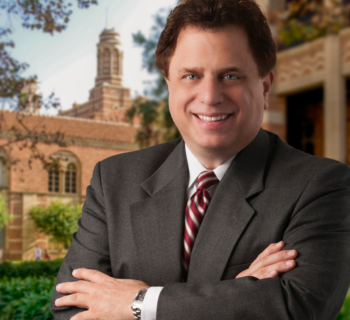Atlanta hip-hop group Migos [Kirsnick Ball (Takeoff), Quavious Marshall (Queve), and Kiari Cephus (Offset)] have sued their former attorney, Damien Granderson, and his former and current law firms.
The lawsuit was filed in California and includes claims for legal malpractice, unjust enrichment, breach of fiduciary duty and violation of the Business and Profession Code.
Migos alleges that prominent music lawyer Granderson overcharged them and did not disclose a conflict of interest in that he also represented the record label they were signed to, Quality Control Music (“QCM”). The lawsuit claims that Granderson had Migos enter into deals that favored the label more than Migos and that he made mistakes in drafting agreements. It also mentions that when Migos signed their record deal they were in their late teens or early twenties and had only graduated high school. However, as long as they were 18 years old, the fact that they were young and not college educated would not prove liability in and of itself.
In California an attorney must disclose all potential or actual conflicts of interest and obtain the client’s written consent. Migos also alleges that Granderson was not licensed to practice law in California.
The complaint states that Granderson charged excessive fees by charging them 5% of their entertainment income. This is an interesting claim since 5% is the most common amount music lawyers charge when working on a percentage. We will have to learn why Migos contends it as excessive. Sometimes on large multi-million dollar deals a music lawyer might agree to lower the percentage. On such big deals the client might be better off just paying the lawyer by the hour.
Another claim is that Granderson did not enter into a written fee agreement with Migos as required by California law when the client is being charge a contingent fee (a percentage).
The suit alleges that since Granderson “concealed” the fact that QCM had a distribution agreement with Capitol Records, it resulted in QCM “profiting far more handsomely than was apparent from the face of the documents that Granderson presented to Migos for immediate execution.”
Migos further contends that in 2018 there was an amendment signed to Migos’ agreement with Capitol that “triggered an extension of the exclusive recording agreement between QCM and Migos, which Granderson knew to contain terms that were unconscionable for Migos,”
It is quite difficult in California to prove that a contract is unconscionable, so we will have to see what evidence is presented.
The CEO of QCM, Pierre “Pee” Thomas, denied Migos’ claims in a post on Instagram. “It is unfortunate that the same people that we have worked hard for, provided opportunities for, and championed for are now alleging that we have participated in any kind of immoral or unfair business practices or took advantage of them and their careers. .… We have always practiced honest business and complete transparency from the beginning when we started Quality Control Music. We built this business on family values, which has been so hard to do when you are dealing with so much pride and ego.”
GLENN LITWAK is a veteran entertainment attorney based in Santa Monica, CA. He has represented platinum-selling recording artists, Grammy-winning music producers, hit songwriters, management and production companies, music publishers and independent record labels. Glenn is also a frequent speaker at music industry conferences around the country, such as South by Southwest and the Billboard Music in Film and TV Conference. Email Litwak at gtllaw59@gmail.com or visit glennlitwak.com.
This article is a very brief overview of the subject matter and does not constitute legal advice.














